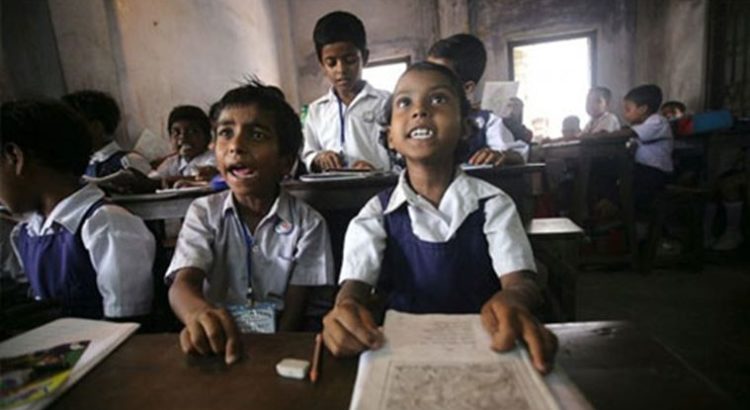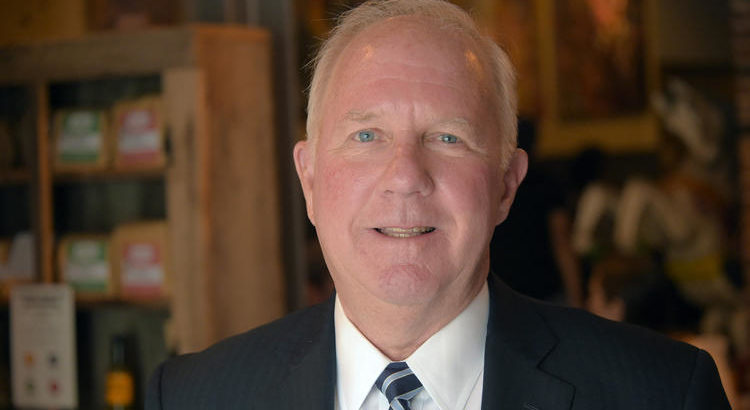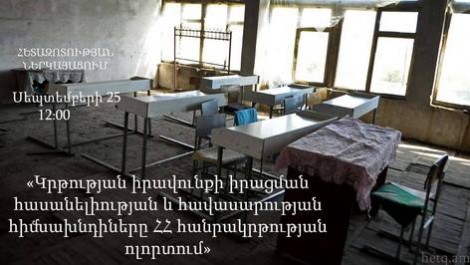Papua New Guinea/November 14, 2017/By: Alexander Rheeney/Source: http://www.pireport.org
Papua New Guinea’s Outcome-based Education (OBE) will remain until a review led by a Government-appointment taskforce into the controversial curriculum is complete at the end of next year.
In the interim period all schools, from elementary to secondary schools in PNG, will use English as the medium of instruction from February 2013, replacing Tok Pisin and vernacular languages in elementary schools until the review is done. Prime Minister Peter O’Neill said this yesterday at a press conference in Port Moresby, in response to the special coverage by the Post-Courier last Friday on the numerous challenges facing the education sector, including the plans by the Government to phase out the OBE.
He said when the acting Education Minister, James Marape, announced plans for the Education Department to phase out the curriculum, it was to be part of the review that the Government would undertake. «The complete review of the OBE system will take place over 12 months. When we took over government in 2001 we announced that the OBE will be gone, in line with the previous government’s decision that was done in 2010,» Mr. O’Neill said.
«So we wasted 2010, we wasted 2011, we wasted 2012. Not one single review has taken place, as the Government of the day demanded, whether it was Somare or our government, because people were complaining. I don’t need any more excuses from anybody, 12 months is good enough (for the review),» he said.
The work of the taskforce, to be chaired by the Divine Word University (DWU) president and Catholic priest Father Jan Czuba, will cost taxpayers between one to two million kina [US$476,417 to US$952,834] and have its terms of reference discussed and vetted by a special cabinet sitting in January 2013.
The Catholic Church, one of PNG’s leading providers of education, last week criticized the O’Neill Government for not consulting the churches on its plans to remove the OBE.
However, Father Jan’s chairing of the taskforce now enables the church to participate, which Mr. O’Neill highlighted at the press conference yesterday.
«We have agreed that Father Jan Czuba, the president of Divine Word University who is of course one of the leading educationist in the country, has volunteered to become the chairman of that taskforce that will review the OBE system over the next 12 months,» the PM said. According to Mr. O’Neill, Father Jan is already in contact with key educationists including National Research Institute (NRI) director Dr. Thomas Webster, former Education Department secretary Jerry Tetaga, the principal of the Enga Teachers College and Education Department officials, who would work towards addressing the issue before the start of the 2014 academic year. The PNG Teachers Association (PNGTA) recently blamed the lack of funding and resources for the demise of the OBE, but Mr. O’Neill yesterday assured the country that his Government will not let that happen when a new curriculum is in place. «I can guarantee you that we are spending close to K2 billion [US$952.8 million] on the education sector in 2013,» the PM said.
Source:
http://www.pireport.org/articles/2012/12/25/png-education-system-shift-delayed-till-end-2013













 Users Today : 39
Users Today : 39 Total Users : 35460580
Total Users : 35460580 Views Today : 55
Views Today : 55 Total views : 3419537
Total views : 3419537